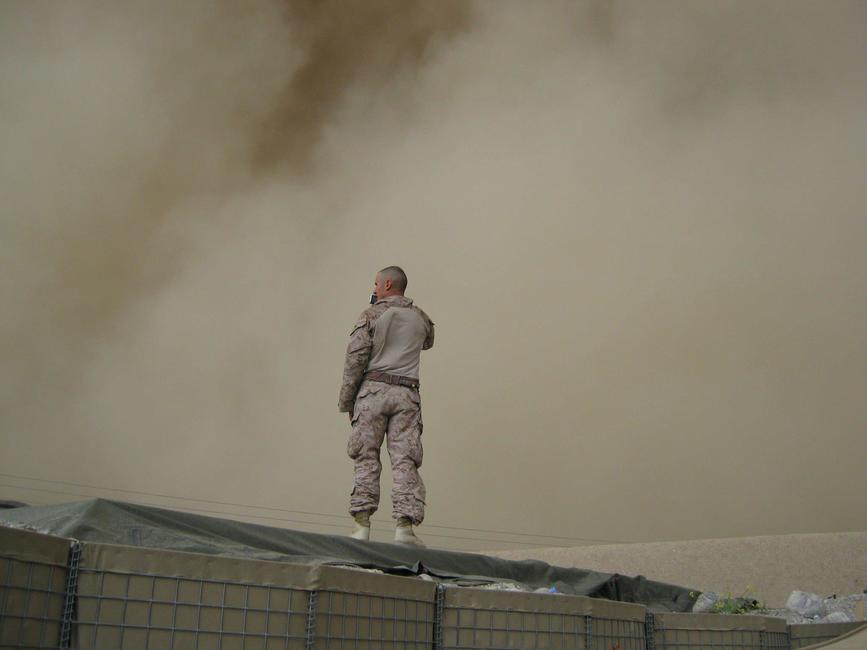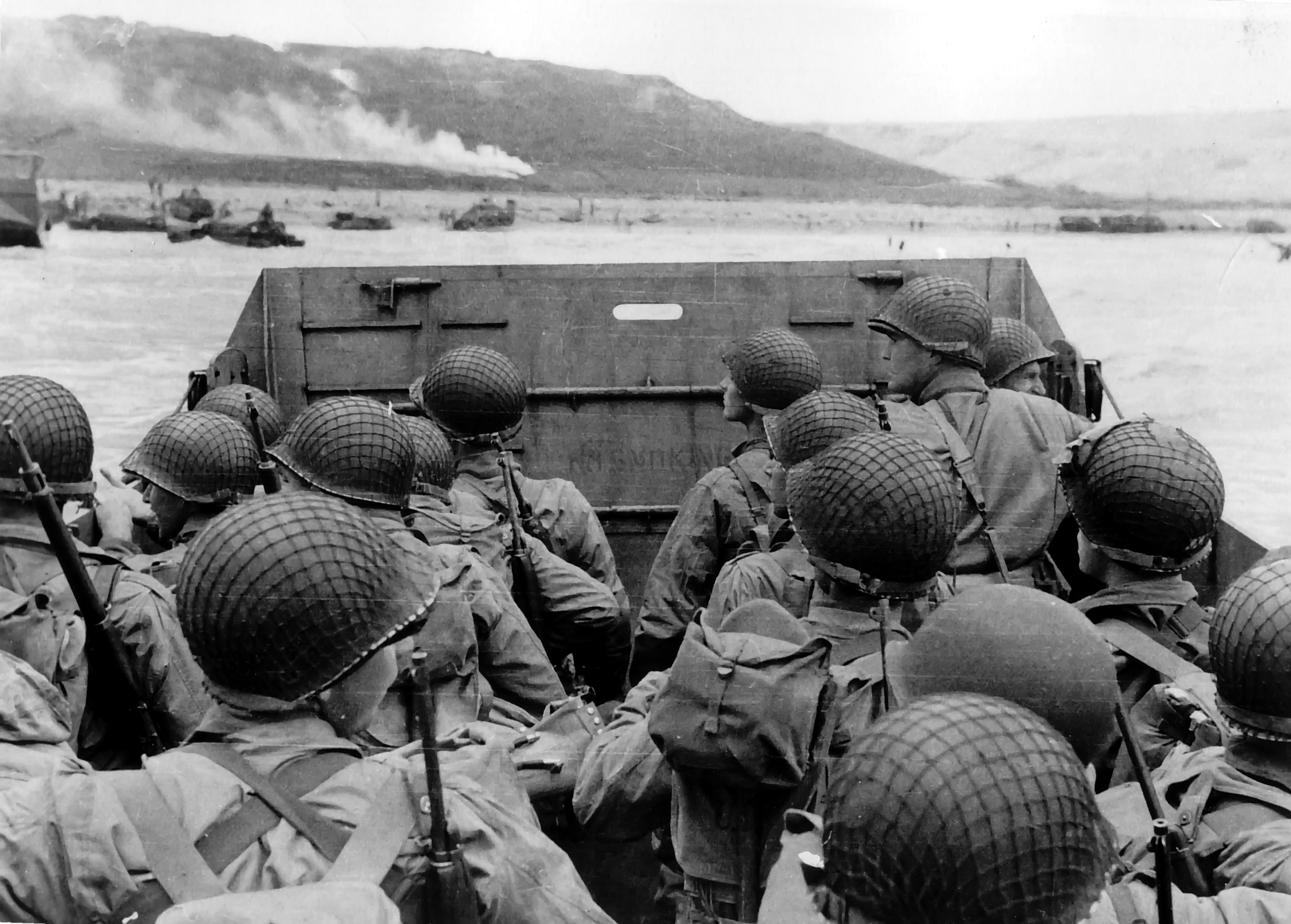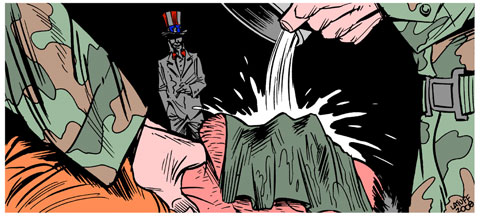A Roman Catholic Conference on Nonviolence & Just Peace
A three day conference in Rome, co-convened by a Vatican council and Catholic peacemakers groups, is taking another look at an old debate
James Turner JohnsonApril 12, 2016
Moral Common Sense: Or, Mistakes Are Not Terrorism
On Saturday October 3rd, the United States military destroyed a hospital building in Kunduz, Afghanistan, killing at least 22 people. Without question, even the accidental destruction of the hospital and the killing of the innocent remains indescribably awful- Was it an act of terror?
Marc LiVeccheOctober 8, 2015
Unjust Wars & Kim Davis
Bloom questions if conservatives rallied around Kim Davis would support an infantryman commanded by his Bishop to refuse orders in the Iraq mission.
Marc LiVeccheSeptember 15, 2015
The Cost of Responsibility
This is not a blog about Sweden, but much of it will seem like it is. Recent Nordic events certainly warrant comment. Mirroring the larger European mood, Sweden, perhaps particularly so, is suffering some loss of confidence in the endurance of her own sovereignty. In an opinion piece in Sweden’s Svenska Dagbladet newspaper, the leadership of the influential Center Party neatly summarizes the reason, “We lack the ability to defend ourselves.”
Marc LiVeccheSeptember 9, 2015
Thinking About the Unthinkable
It was a terrible anniversary. Seventy years ago this past week, at zero eight fifteen hours, August 6th, 1945, the Enola Gay, a U.S. Army Air Force B-29, dropped an 8,900-pound bomb, dubbed “Little Boy”, over the Japanese city of Hiroshima. Three days later a second bomb, Fat Man, fell upon Nagasaki.
Marc LiVeccheAugust 14, 2015
War Is Not Hell
God can be loved and worshipped on the battlefield, and pacifism as opposed to soldiering stands as an exception to the Christian norm.
Marc LiVeccheJune 18, 2015
Always Wrong?
In the just war tradition, war (and therefore torture) are not only sometimes morally permissible but obligatory in order to restrain the enemy from sin.
Marc LiVeccheJune 5, 2015









 Sponsor a student for Christianity & National Security 2024
Sponsor a student for Christianity & National Security 2024